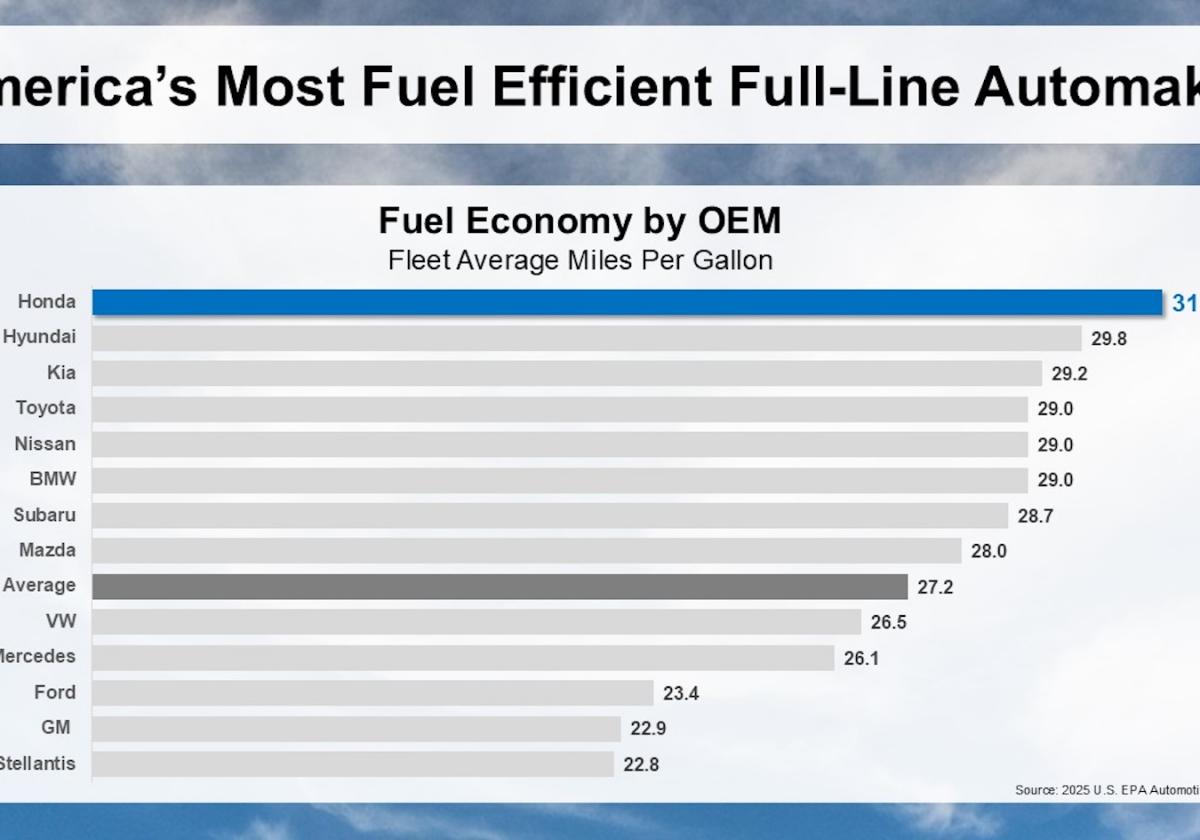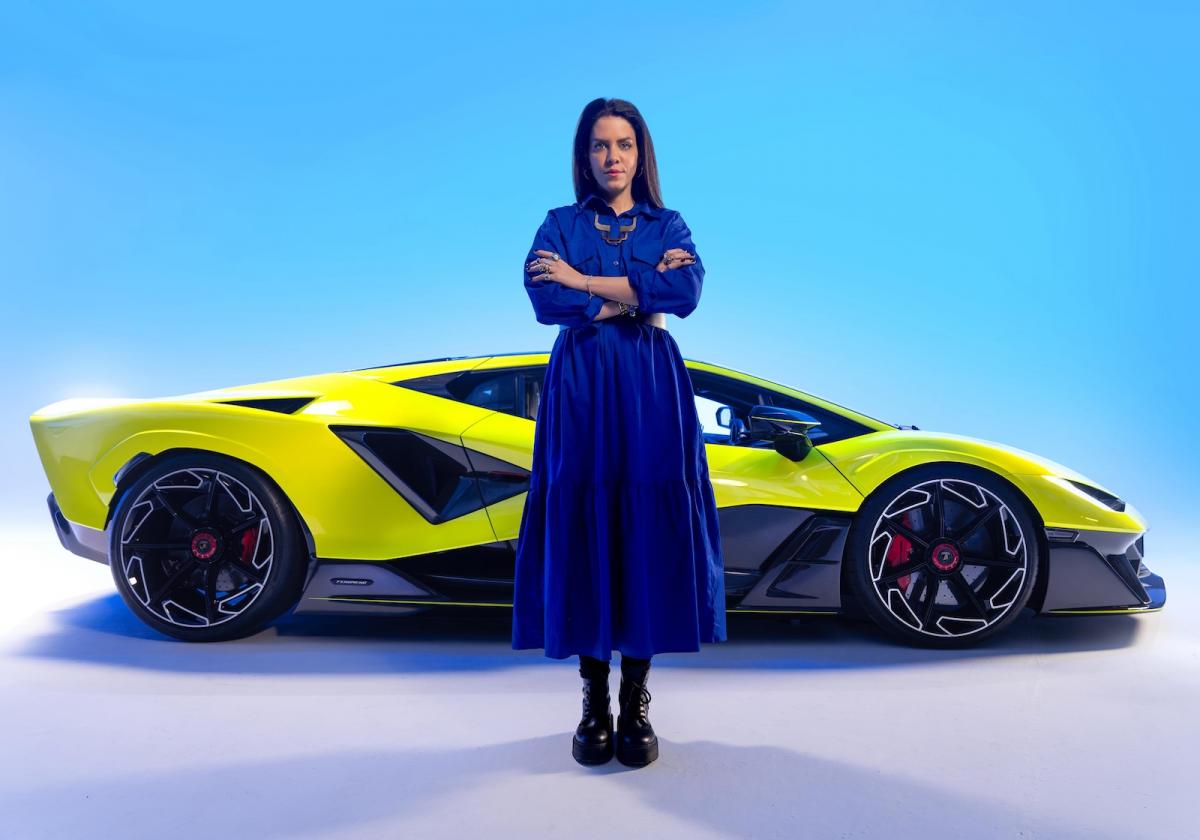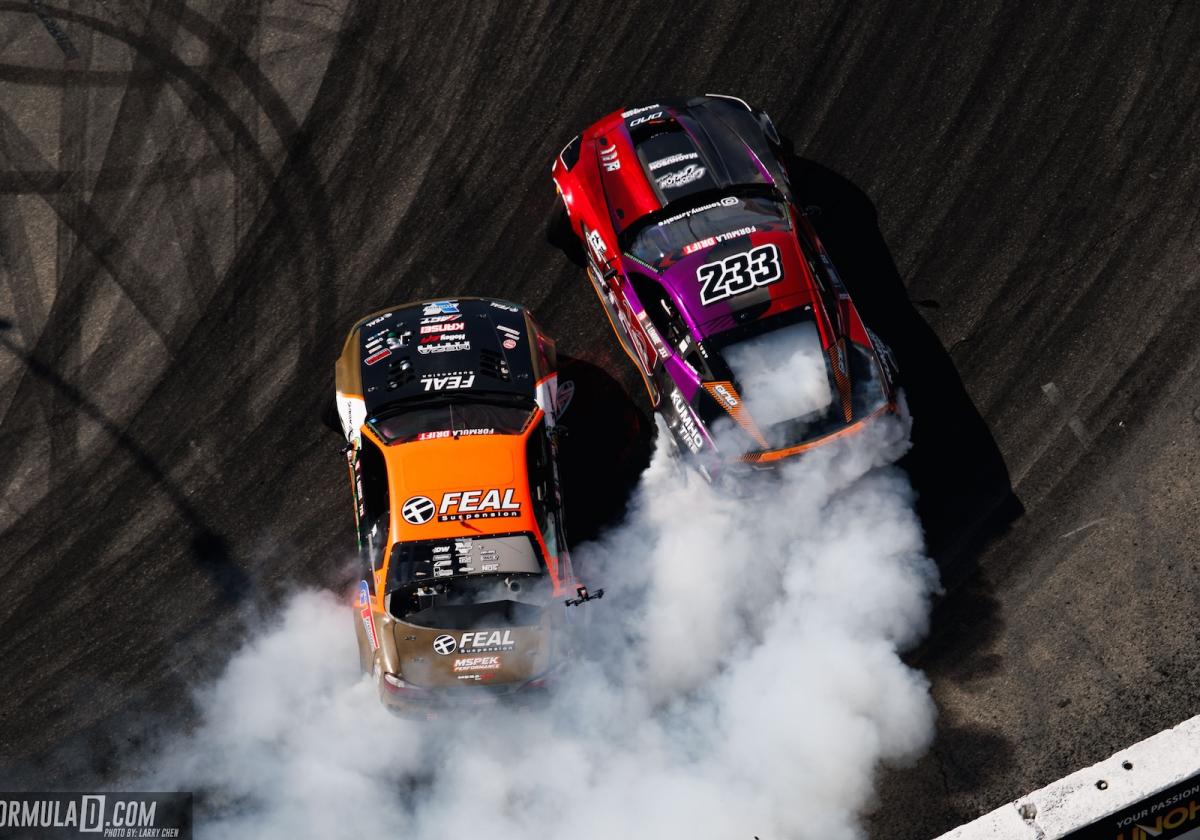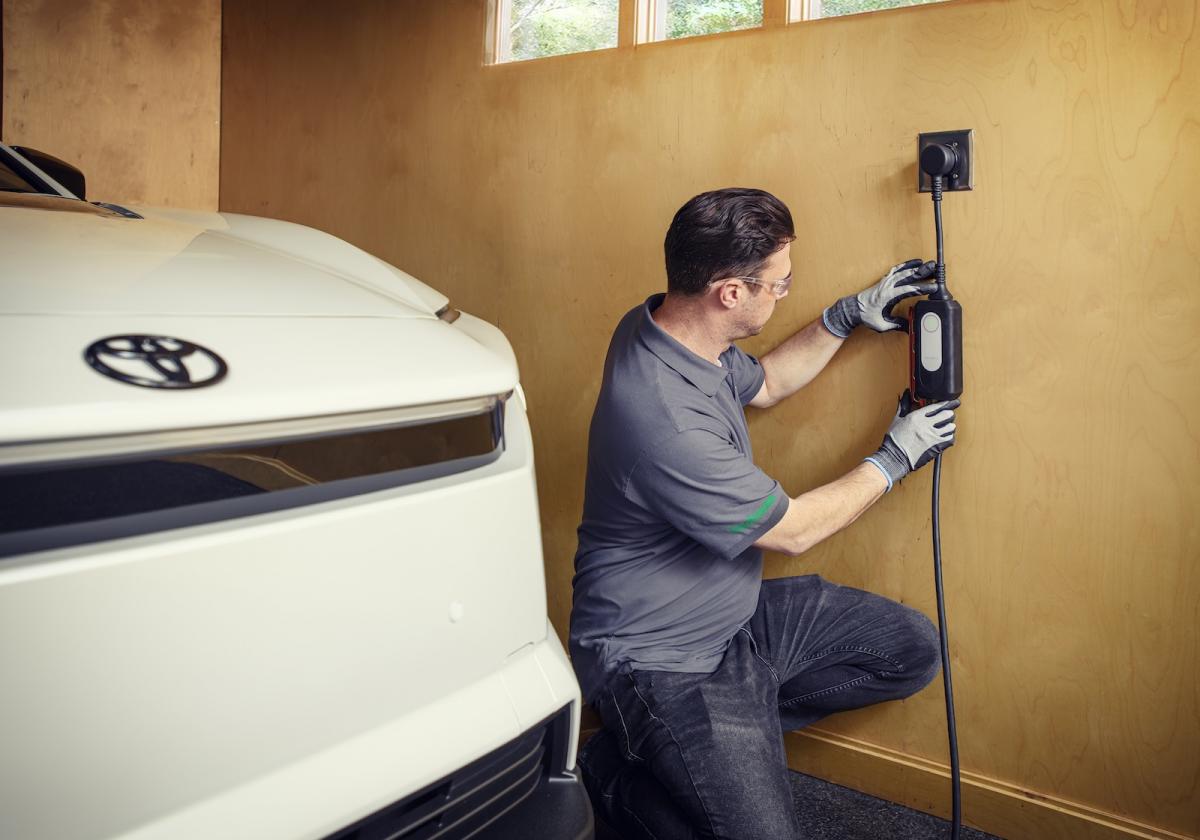Tesla could price its Model S and Model X sedans below the $55,000 and $80,000 MSRP limits for federal tax credits for electric vehicles (EVs).
The Inflation Reduction Act (IRA) of 2022 set the MSRP limits for EVs at $55,000 for sedans and $80,000 for SUVs, vans, and pickup trucks. This means that Tesla could lower the MSRP of its Model S and Model X sedans to below these limits and still qualify for the full $7,500 tax credit.

To do this, Tesla could limit the range of the Model S and Model X to about 100 miles. This would bring the MSRP of the Model S down to $54,990 and the MSRP of the Model X down to $79,990.
Once the customer purchases the vehicle, Tesla could then sell them a software update that unlocks the full range of the vehicle. This software update could cost between $20,000 and $30,000.
This strategy would allow Tesla to sell its Model S and Model X sedans below the MSRP limits for federal tax credits, while still making a profit. It would also allow Tesla to offer customers a lower upfront price for the vehicles.
Whether or not this strategy is legal is unclear. The IRS has not yet issued any guidance on how to interpret the MSRP limits in the IRA. However, some legal experts believe that Tesla could argue that the software update is not part of the vehicle’s MSRP and therefore does not count towards the limit.
Ultimately, it is up to the IRS to decide whether or not Tesla’s strategy is legal. However, the company is likely to explore this option as a way to make its EVs more affordable for consumers.
Our Thoughts
Some people believe that it would be bad faith for Tesla to price its Model S and Model X below the MSRP limits for federal tax credits. They argue that Tesla is taking advantage of a loophole in the law to make its vehicles more affordable.
Others argue that Tesla is simply trying to comply with the law. They point out that the IRA does not explicitly prohibit Tesla from selling its vehicles below the MSRP limits.
Ultimately, it is up to each individual to decide whether or not they believe that Tesla’s strategy is bad faith. However, it is clear that the company is willing to explore creative ways to make its EVs more affordable for consumers.







